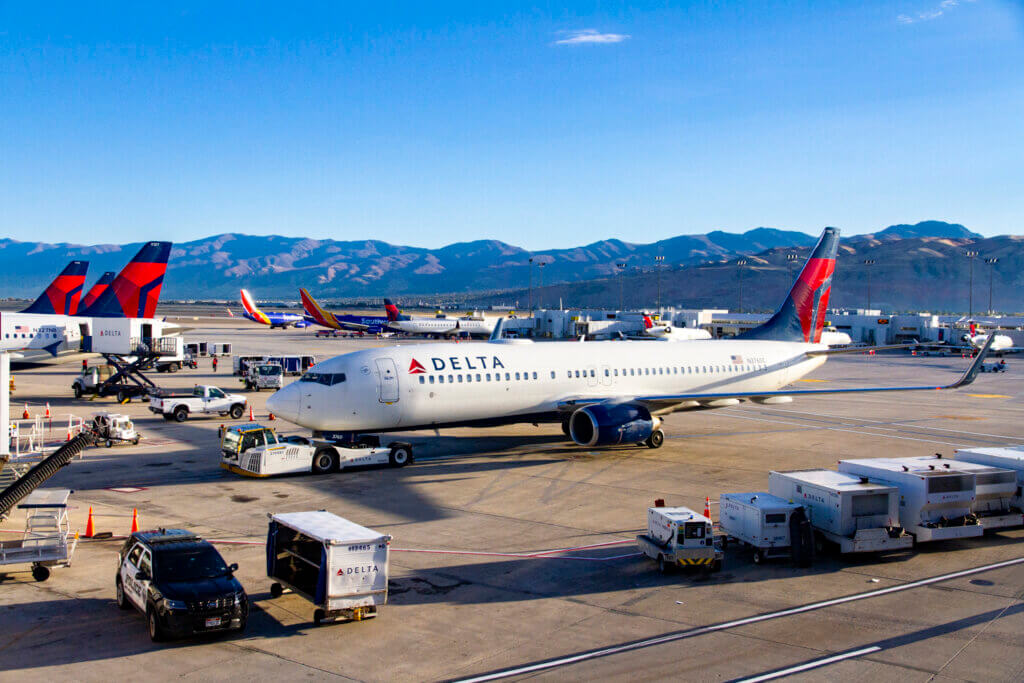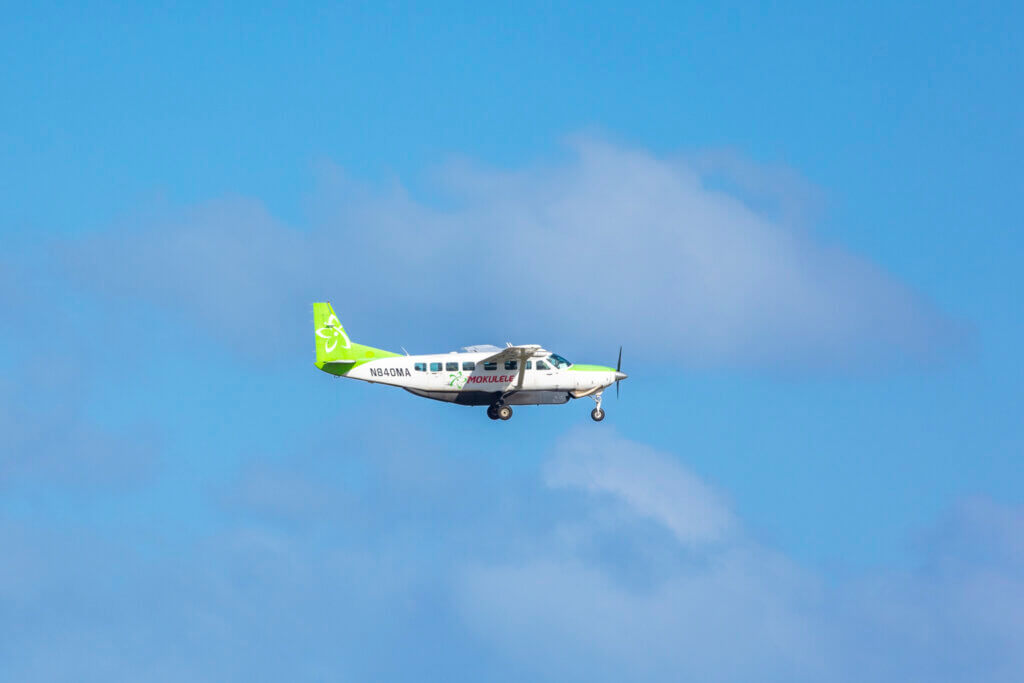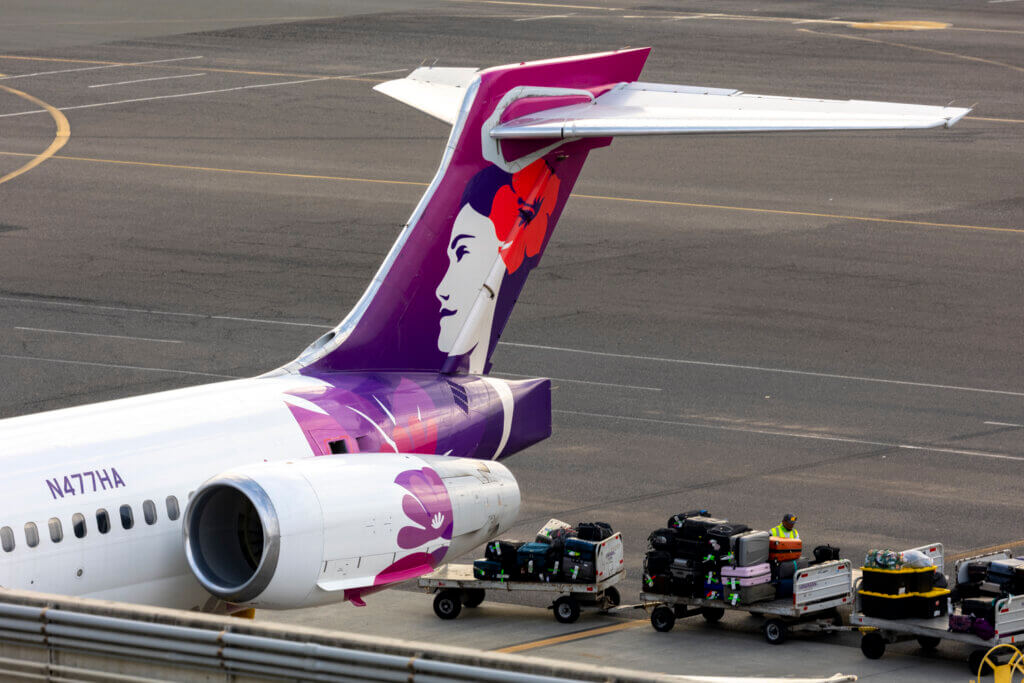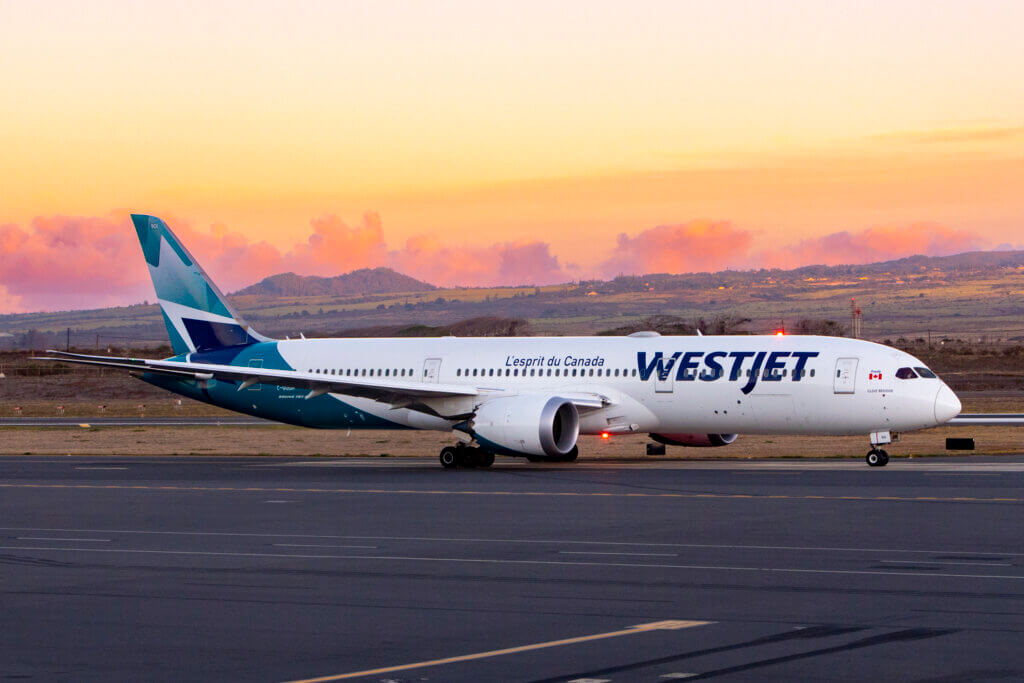The Biden Administration’s Department of Transportation is going after some of consumers’ largest complaints against airlines – refunds and fees. And while I rarely have issues with either of these, I for one welcome the fact that the DOT sets new consumer protection rules.
Consumer protections, especially when it comes to travel, seriously lags when compared to the rest of the developed world. Here, airlines have almost free rein to determine for what and when they will compensate passengers for their failures. However, that’s changing as the DOT sets new consumer protection rules. However, the thing that excites me the most about these new rules is one that doesn’t really specify what happens when things go wrong, but establishes limits on one enormous pain point – delays.
DOT Sets New Consumer Protection Rules
I think it’s pretty stupid that, up until now, the U.S. Department of Transportation never set a formal definition of what constitutes a significant delay. Airlines were allowed to set their own definitions for “significant delays.” And, honestly, this has resulted in some stupid “delays.” For example, Delta is known delaying flights as much as 24 hours to avoid canceling a flight to keep their cancelation metrics at industry-leading levels. But that’s a terrible thing to do for passengers, as it leaves them in limbo, especially if there is no defined delay schedule and the departure time is simply pushed back hour after hour.
Fortunately, as the DOT sets new consumer protection rules, we finally get an official definition of a significant delay. According to the DOT’s new rules, a significant delay is one that lasts three or more hours for domestic flights and over six hours for international flights. By the way, these apply to both departure times AND arrival times.
However, this rule goes beyond just delays, as the actual rule specifies “significantly changed” flights. As you’d imagine, this rule states that, in addition to the aforementioned delay criteria, significant changes also constitutes flights that changes the arrival or departure airport, increases the number of connections, downgrades a passengers to a lower class of service, or changes the connecting airport or aircraft type to less accessible options for passengers with disabilities.
How You Are Compensated
Now that we know the new rules regulating what airlines can and cannot label as significant changes, it’s time to go over what’s owed to you if you’re impacted by a significant change. Specifically, as the DOT sets new consumer protection rules, airlines must now provide refunds to passengers who experience a significant change. Moreover, airlines must provide these refunds automatically and without passengers requesting them. Refunds must also be the full amount, minus the value of any portion of travel already used, and must be issued in the method of payment, whether that be cash, card, or even, yes, miles.
The DOT even specifies timeframes in which the refund must take place, stating “[a]irlines and ticket agents must issue refunds within seven business days of refunds becoming due for credit card purchases and 20 calendar days for other payment methods.”
Delayed Baggage
Missing and delayed bags became a major issue over the past several years, especially in the first year or so after travel began surging back. Thankfully, this issue wasn’t forgotten as the DOT sets new consumer protection rules. Specifically, airlines will have to refund checked bag fees for passengers who file mishandled bag reports if their bag isn’t delivered to them within 12 hours of their domestic flight’s arrival at their destination gate. The same rule applies to international flights, though airlines have between 15 and 30 hours in these instances, with the actual time allowance based on the length of the flight.
It’s worth noting that, while this rule is a step in the right direction, it still means airlines don’t have to do squat for you when it comes to replacing items you need in your lost bag(s). For example, if you’re returning for an international trip and stop in a city for a night (or two, or three, etc.) before heading home and your bag doesn’t arrive with you, you aren’t entitled to any compensation for your necessities like medication, contact solution, etc.
As such, it’s still important to have a credit card with great baggage delay insurance. One of the best to me is still the Chase Sapphire Reserve.
Ancillary Service Refund
On top of the baggage and flight change refunds, as the DOT sets new consumer protection rules, they haven’t forgot the plethora of ancillary fees that airlines now charge. Specifically, this rule forces the airline to refund you if they can’t fulfill the service you paid for, such as WiFi, seat selections, or in-flight entertainment. Unfortunately, the rules are rather vague. Sure, an airline will have to refund you for seat upgrades or preferred seats if you get bumped, your flight in canceled, or they involuntarily downgrade you. But what happens if you buy WiFi, it works for 5 minutes, then stops? Do you get a refund for that?
Compensation for No-Travel Mandates
In direct response to COVID-19, the DOT sets new consumer protection rules aimed at infectious diseases. Specifically, airlines must provide travel credits or vouchers when they are restricted from traveling by order of the government or a medical professional due to a serious communicable disease. The vouchers must be valid for at least five years from the issue date, though airlines can ask for proof to support your request.
Disclosure Requirements
I feel like most airlines are already pretty good at this – at least, the ones I fly are – but as the DOT sets new consumer protection rules, they’re now mandating that airlines be more upfront about fee, such as cancellation/change fees, bag fees, and seat selection fees. Specifically, “[a]irlines and ticket agents are now required to display any extra fees for things like checking bags or seat selection clearly and individually before a ticket purchase. They will also need to outline the airline’s policies on baggage, cancellations and changing flights before a customer purchases a ticket.”
DOT Sets New Consumer Protection Rules, Final Thoughts
Again, I think these new rules are a step in the right direction. Sure, there’s a bit more ambiguity than I’d like, and these protections still lag behind places like Europe, but they do hit some major pain points and, again, finally establishes what constitutes a significant delay, which is critical. Speaking of Europe, these new rules apply to any carry, regardless of their country of origin, so long as the flight arrives in or departs from the U.S.
Anyway, as far as timelines go, airlines must be ready to comply with the refund rule in the next six months, while they have a year to prepare for the travel voucher one.




